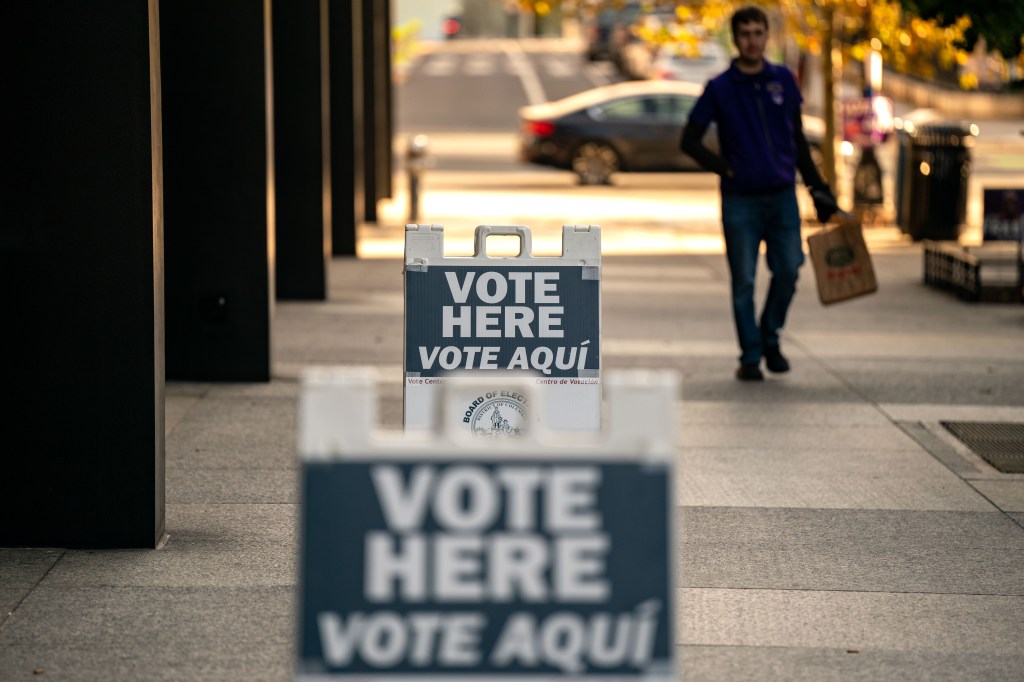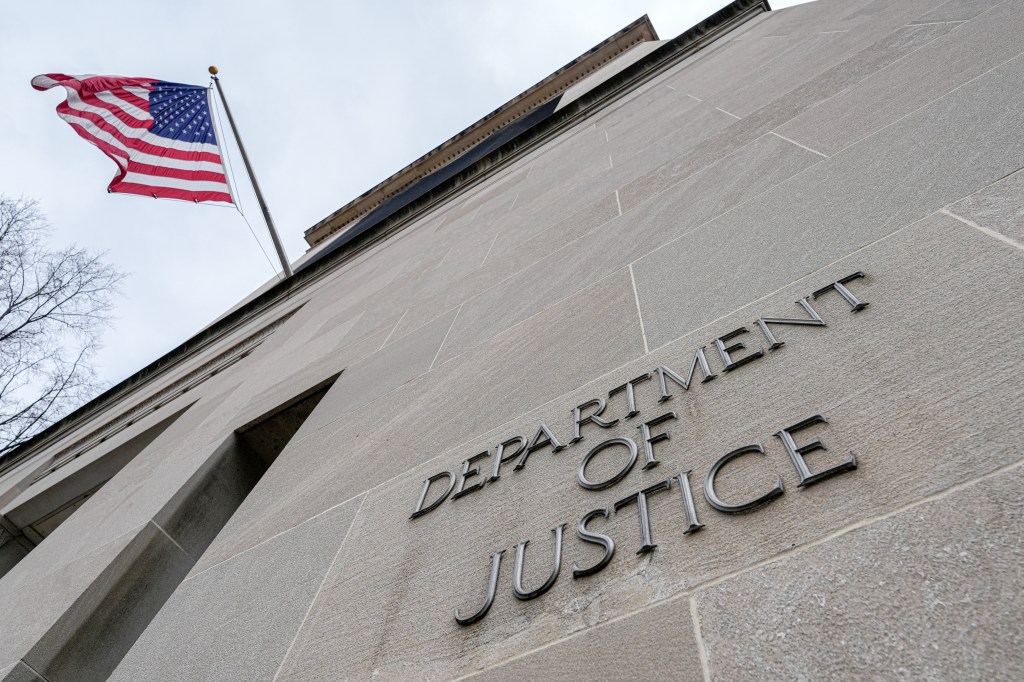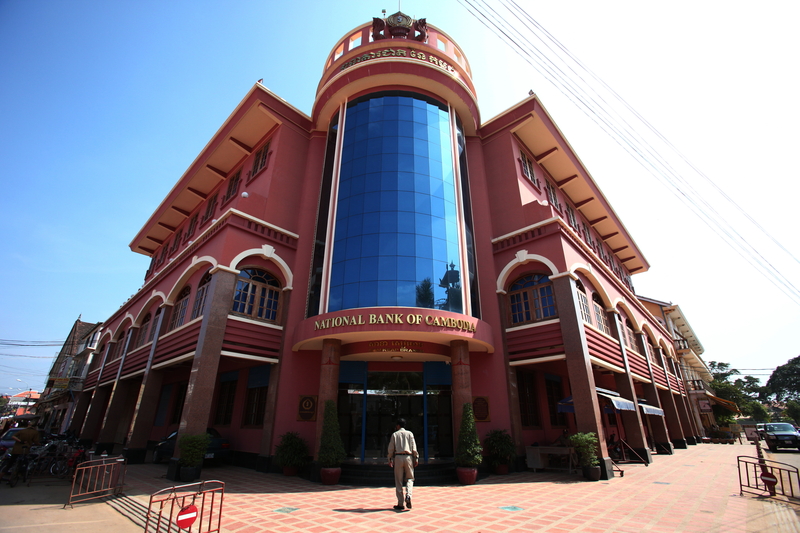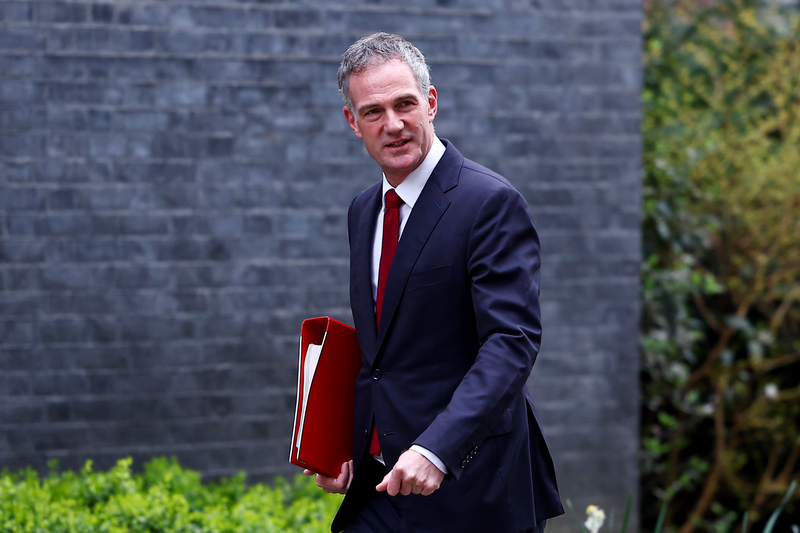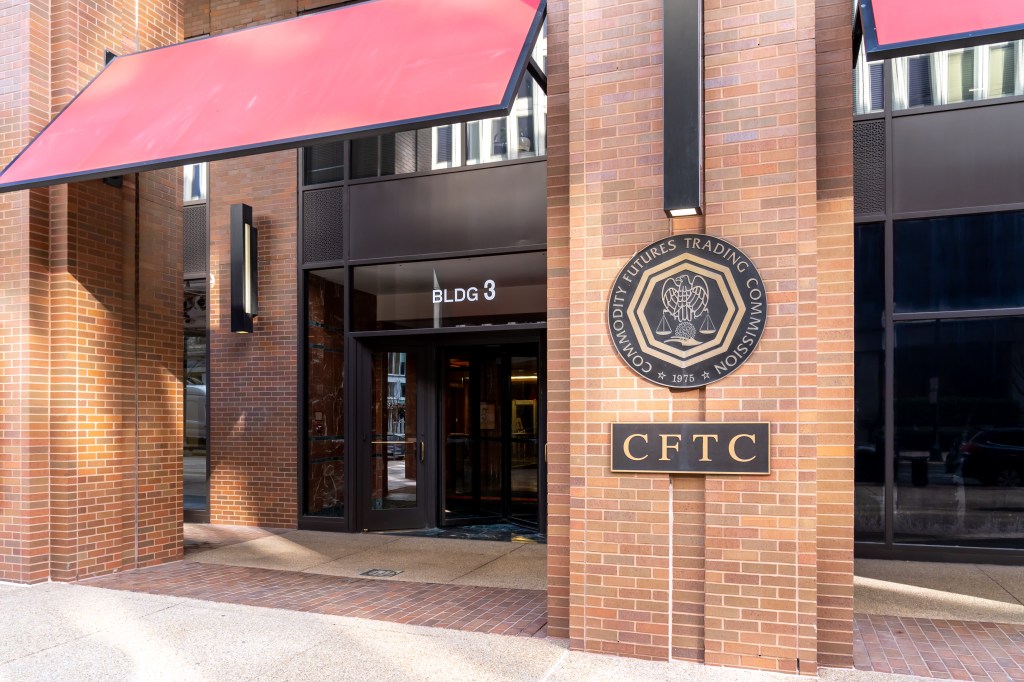A reorganization of the enforcement division to “refocus” on fraud and “stop regulation by enforcement” has been announced by Caroline Pham, Acting Chair of the US Commodity Futures Trading Commission (CFTC).
Pham said the restructuring aims to streamline investigations, enhance efficiency, and ensure fair oversight of US derivatives markets without imposing new compliance standards through enforcement actions. The move is designed to better allocate the agency’s resources to target fraudulent actors rather than imposing unnecessary burdens on legitimate market participants, she added.
Industry participants and lawmakers have raised the concern that agencies such as the CFTC and the SEC have sometimes used enforcement actions to set compliance expectations without clear rulemaking, leading to regulatory uncertainty and unintentional regulatory mandates.
Two new units
Under former Chairman Rostin Behnam, the CFTC’s Division of Enforcement had a variety of task forces, including one focused on insider trading, another focused on cybersecurity and emerging technologies, and a third aimed at combatting environmental fraud.
The restructuring consolidates them into two primary units: The Complex Fraud Task Force and the Retail Fraud and General Enforcement Task Force.
The Complex Fraud one will be led by Acting Chief Paul Hayeck, and its focus will be to oversee all preliminary inquiries, investigations, and litigation involving sophisticated fraud schemes and market manipulation across commodities, derivatives, and digital assets.
Retail Fraud will operate under Acting Chief Charles Marvine, and it will focus on those cases involving retail investor fraud and general enforcement matters under the Commodity Exchange Act.
CFTC Acting Director of Enforcement Brian Young commented on the realignment, saying: “This task force realignment will enhance our vigorous and energetic enforcement program by empowering our talented staff to focus their expertise on matters that secure justice for victims and uphold public confidence in the integrity of our markets.”
The CFTC’s press release announcing the new units added that they are designed to “provide enhanced governance and oversight of enforcement matters to prevent overreach and enhance consistency, fairness and due process.”
The restructuring also reflects ongoing discussions at the SEC and in Congress about the future of financial market regulation, and it likely does so with the oversight of digital assets in mind.
A new direction
There’s no reason to think enforcement activity will be far lower instead of moderately or slightly lower; instead, it’s likely to have a new focus. The CFTC brought, on average, seven more cases per year under the first Trump administration than it did under the Biden administration.
Republican CFTC commissioners have been unusually outspoken in their views on enforcement actions. And they now constitute a majority on the CFTC. Their previous dissents and separate opinions suggest technical violations, such as data reporting and violations related to the use of unapproved methods of communication that do not include evidence of fraud, are poised to decline. Current statements by the acting leadership reinforce this view.
Expect change, too, in enforcement priorities related to cryptocurrencies and decentralized finance, given prior remarks by CFTC and SEC commissioners advocating for a US regulatory sandbox in those arenas. Add that to the fact that the New York Times just reported (citing five people with knowledge of the matter) that the SEC is starting to scale back its 50-staff crypto enforcement unit with some of the lawyers in that unit being assigned to other departments in the agency.
But a reduction there has been offset by resources allocated elsewhere at agencies, it seems. For example, to gain investor and industry perspectives in these areas, Pham recently indicated the agency will be hosting a series of public roundtables on trends and innovation in market structure to help set its policy direction, including areas such as prediction markets and digital assets.
In line with the CFTC’s new direction, Congress is expected to pursue major legislation this term covering a comprehensive market regulatory structure, stablecoins, and, potentially, a federal strategic token reserve.
Last month, the Senate Banking Committee created a Subcommittee on Digital Assets, chaired by Senator Cynthia Lummis, a Wyoming Republican, who has been a longtime proponent of blockchain and digital assets. And the House Financial Services Committee’s Subcommittee on Digital Assets, Financial Technology, and Artificial Intelligence said it will work in parallel with its Senate counterpart, conducting public hearings in the coming weeks related to legislative solutions to problems facing these specific technology sectors.

